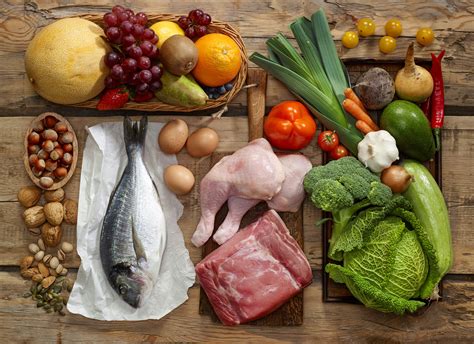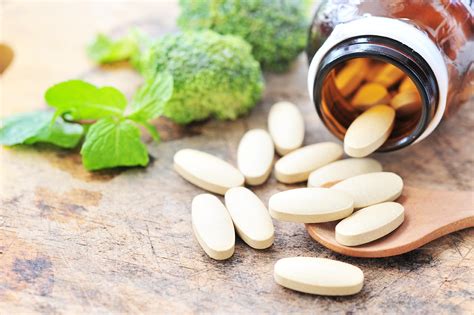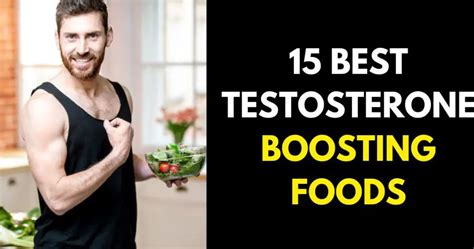What nutrition strategy optimizes testosterone for peak male performance?

Unlocking Peak Male Performance Through Nutritional Testosterone Optimization
Testosterone, the primary male sex hormone, plays a pivotal role in far more than just libido. It’s crucial for muscle mass, bone density, fat distribution, red blood cell production, and overall energy levels. For men aiming for peak physical and mental performance, maintaining optimal testosterone levels is paramount. While various factors influence this vital hormone, nutrition stands out as one of the most powerful and controllable levers we can pull. Crafting a strategic diet can significantly impact testosterone synthesis, regulation, and overall hormonal balance.

The Macronutrient Blueprint: Fats, Proteins, and Carbohydrates
A well-balanced intake of macronutrients is foundational for hormonal health:
- Healthy Fats: Often mistakenly demonized, dietary fats are essential building blocks for testosterone. Cholesterol, derived from fats, is the precursor to all steroid hormones, including testosterone. Focus on monounsaturated fats (avocados, olive oil, nuts), saturated fats (grass-fed red meat, eggs, coconut oil – in moderation), and omega-3 polyunsaturated fats (fatty fish like salmon, flaxseeds, walnuts). Aim for roughly 20-30% of your daily calories from healthy fats.
- Quality Protein: Adequate protein intake is vital for muscle repair, growth, and overall body function. While protein doesn’t directly boost testosterone, it supports the lean muscle mass that is intrinsically linked to healthy hormone levels. Good sources include lean meats, poultry, fish, eggs, dairy, and legumes. Aim for 0.7-1 gram per pound of body weight.
- Complex Carbohydrates: Carbs provide the energy needed for intense workouts and daily metabolic functions. Extremely low-carb diets, while effective for some goals, can sometimes negatively impact testosterone and thyroid hormones due to increased cortisol levels. Opt for complex carbohydrates like whole grains, fruits, and vegetables to maintain energy stores and support hormonal balance.

Micronutrients: The Silent Powerhouses for Testosterone
While macronutrients provide the fuel, specific micronutrients act as crucial cofactors and direct participants in testosterone synthesis and regulation:
- Zinc: This essential mineral is directly involved in testosterone production. Zinc deficiency is a common cause of low T-levels. Rich sources include oysters, red meat, poultry, beans, nuts, and seeds.
- Vitamin D: Often referred to as a “pro-hormone,” Vitamin D levels are strongly correlated with testosterone. Sunlight exposure is the best source, but fatty fish, fortified dairy, and supplements can help, especially in regions with limited sun.
- Magnesium: Plays a role in over 300 enzymatic reactions, including those involved in hormone production. Magnesium can increase free and total testosterone by reducing sex hormone-binding globulin (SHBG). Found in leafy greens, nuts, seeds, whole grains, and dark chocolate.
- Boron: Emerging research suggests boron can significantly increase free testosterone and reduce estrogen levels. Found in fruits, vegetables, and nuts.
- Vitamin K2: Supports bone and cardiovascular health, and may play a role in testosterone production by signaling the testes. Found in fermented foods and certain animal products.

Foods to Prioritize and Those to Limit
Incorporating specific foods into your diet can actively support testosterone optimization:
- Eggs: A complete protein source, rich in healthy fats, cholesterol, and Vitamin D.
- Fatty Fish (Salmon, Mackerel): Excellent sources of Omega-3s and Vitamin D.
- Red Meat (Lean, Grass-fed): Provides zinc, iron, and saturated fats necessary for hormone synthesis.
- Oysters: Arguably the best dietary source of zinc.
- Avocados: Packed with monounsaturated fats, Vitamin E, and boron.
- Nuts and Seeds (Brazil nuts, pumpkin seeds): Provide zinc, magnesium, and healthy fats.
- Leafy Green Vegetables (Spinach, Kale): High in magnesium and other vital nutrients.
- Berries: Rich in antioxidants, supporting overall health and reducing oxidative stress.
Conversely, limit or avoid:
- Processed Foods and Sugary Drinks: Can lead to insulin resistance, inflammation, and weight gain, all detrimental to testosterone.
- Excessive Alcohol: Can impair liver function and directly suppress testosterone production.
- Unhealthy Trans Fats: Found in many fried and processed foods, these negatively impact cardiovascular and hormonal health.
- Soy Products (in excess): While not universally detrimental, some studies suggest high intake of soy isoflavones could potentially impact hormone balance.

Beyond the Plate: Lifestyle Synergies
While nutrition is critical, it works synergistically with other lifestyle factors:
- Regular Exercise: Especially strength training and high-intensity interval training (HIIT), significantly boosts testosterone.
- Adequate Sleep: Chronic sleep deprivation can drastically lower testosterone levels. Aim for 7-9 hours of quality sleep per night.
- Stress Management: Chronic stress elevates cortisol, which can suppress testosterone. Practice mindfulness, meditation, or other stress-reducing techniques.

Conclusion: A Holistic Dietary Approach for Sustained Performance
Optimizing testosterone for peak male performance isn’t about quick fixes or miracle supplements; it’s about adopting a sustainable, holistic nutritional strategy. By focusing on a balanced intake of healthy fats, quality proteins, and complex carbohydrates, alongside a rich supply of critical micronutrients like zinc, Vitamin D, and magnesium, you lay a strong foundation for hormonal health. Combine this intelligent dietary approach with regular exercise, sufficient sleep, and effective stress management, and you empower your body to naturally produce and utilize testosterone efficiently, leading to enhanced strength, vitality, and overall well-being.








